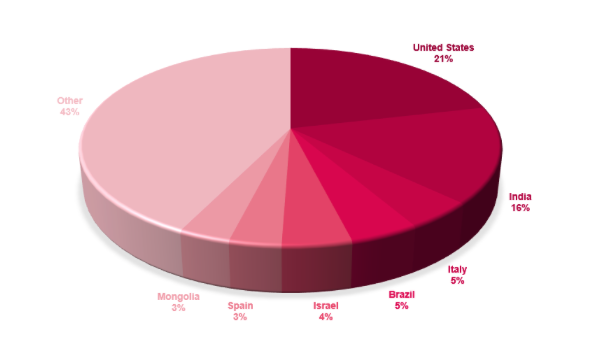Meet FunkSec, the AI-powered ransomware group reshaping the cyber threat landscape. Emerging in late 2024, FunkSec claimed over 85 victims in December alone, surpassing all other ransomware operators that month. More than 20% of their targets were in the United States, making the group a rising concern for global cybersecurity.
FunkSec stands out for its use of AI-assisted malware development, enabling even inexperienced hackers to create sophisticated tools quickly. Yet, the group’s operations are marked by an unusual mix of hacktivism and cybercrime. Check Point Research (CPR) has found evidence that many of FunkSec’s leaked datasets are recycled from older hacktivist campaigns, casting doubt on the legitimacy of their disclosures.

Political agendas and financial motives seem to drive FunkSec, with ties to hacktivists in Algeria. The group’s reliance on recycled data and questionable methods suggests that much of their claimed impact may be exaggerated. CPR underscores the need for better evaluation techniques in understanding ransomware threats, as relying on the claims of actors like FunkSec risks overestimating their influence.
Despite their flashy debut, FunkSec’s true success and expertise remain ambiguous. Their rise highlights the growing role of AI in cybercrime and the increasingly blurred lines between hacktivism and ransomware. As cyber threats evolve, organizations in the Philippines and beyond must remain vigilant against the growing sophistication of AI-driven attacks.

